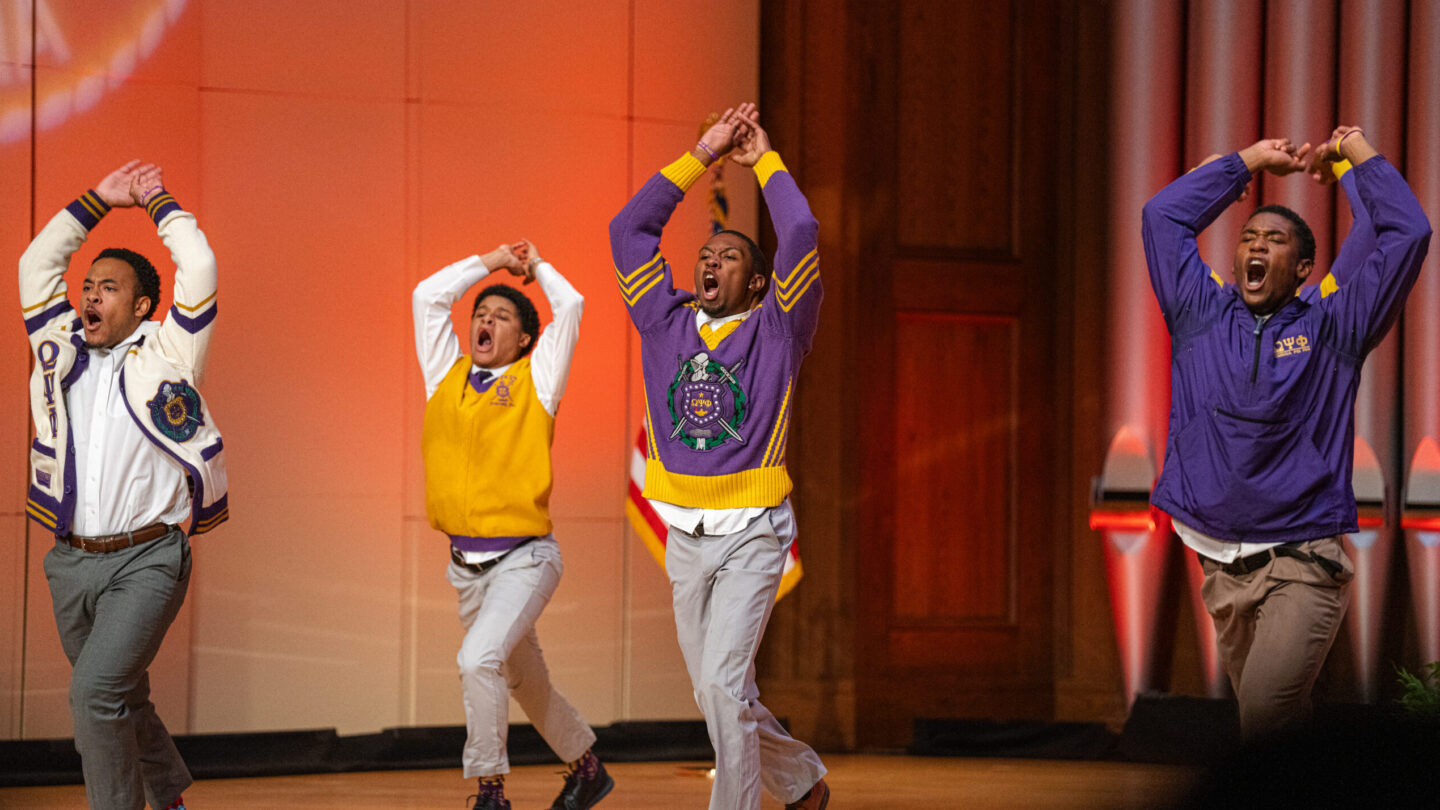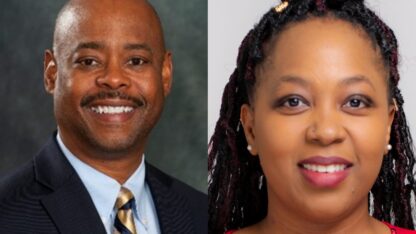The United Negro College Fund announced a donation of $100 million from the Lilly Endowment Inc., the single largest unrestricted gift to the organization since its founding 80 years ago.
The gift announced Thursday will go toward a pooled endowment for the 37 historically Black colleges and universities that form UNCF’s membership, with the goal of boosting the schools’ long-term financial stability.
HBCUs, which have small endowments compared with other colleges, have seen an increase in donations since the racial justice protests spurred by the killing of George Floyd in Minnesota. Michael Lomax, president and CEO of UNCF, said donors today no longer question the need for HBCUs and instead ask how gifts to the schools can have the largest impact.
The chairman and CEO of the Lilly Endowment said the gift continues the organization’s history of supporting UNCF’s work. “The UNCF programs we have helped fund in the past have been successful, and we are confident that the efforts to be supported by this bold campaign will have a great impact on UNCF’s member institutions and their students’ lives,” N. Clay Robbins said in a statement.
The Indianapolis-based Lilly Endowment provides financial support for coverage of religion and philanthropy at The Associated Press.
Lomax said he hopes other philanthropies will take note of the trust Lilly put in UNCF’s vision by making an unrestricted gift.
“They’re trusting the judgment of the United Negro College Fund to make a decision about where best to deploy this very significant and sizable gift,” Lomax said. “We don’t get a lot of gifts like that.”
As part of a $1 billion capital campaign, UNCF aims to raise $370 million for a shared endowment, Lomax said. For some UNCF schools, the gift from the Lilly Endowment alone, when split across all member organizations, will double the size of their individual endowments.
On a per-pupil basis, private non-HBCU endowments are about seven times the size of private HBCU endowments, according to a report from The Century Foundation. For public schools, the non-HBCU institutions on average have a per-pupil endowment that is three times larger than their public HBCU counterparts.
“We don’t have the same asset base that private non-HBCUs have,” Lomax said. HBCUs lack “a strong balance sheet as a result. And they don’t really have the ability to invest in the things that they think are important.”
Schools with substantial unrestricted financial resources are better able to weather crises and invest in large expenses that have long-term impact, such as infrastructure repairs.
The financial disparities between HBCUs and their counterparts, in many ways, mirror the racial wealth gap between Black and white families, particularly in the ability to create lasting wealth. The pooled endowment, Lomax said, is meant to provide some of that stability to member schools.
“Black families have fewer assets than non-Black families,” Lomax said. “They live paycheck to paycheck. Many of our smaller HBCUs live on the tuition revenue semester by semester. They need a cushion. This is that cushion.”









